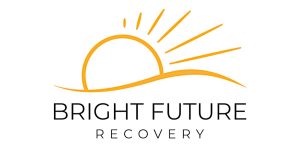What is Medication-Assisted Treatment (MAT)? | How to Find a MAT Program Near Me
- Cheree Ashley
- Medically Reviewed
Treating substance use disorders and addiction is complicated, to say the least. Treatments that work for one person may not work for another, even those with similar conditions. That’s why many different types of treatments are available to use (alone or in combinations) for drug and alcohol dependency and addiction. One treatment that is commonly used is Medication-Assisted Treatment (MAT).
What is Medication-Assisted Treatment?
Medically assisted treatment refers to any substance use disorder or addiction that is treated with medication as one part of a larger addiction treatment program in California. Medication-assisted treatment is a relatively new development in treating addiction. It is producing some promising results in the treatment of substance use disorders, chemical dependency, and drug and alcohol addiction. While treating medical and psychological issues with medication isn’t new for many disorders and illnesses, it is only due to the advancement of knowledge about brain chemistry and how a person’s behavior is affected by chemical stimuli, that it is being seen as an effective treatment option for those who are suffering from addiction.
In recent years, researchers and scientists have discovered that medication-assisted treatment can be an effective treatment for drug and alcohol addiction. It is helpful in reducing cravings for patients battling substance use disorders.
Who Needs Medication-Assisted Treatment?
Research shows that treating substance use disorders is most successful when it is approached with a combination of MAT and behavioral therapies. This provides a whole-patient approach to the treatment of addiction and is most commonly used in cases of opioid and heroin addiction.
Benefits of Medication Assisted Treatment
One of the biggest causes of relapse is the intense cravings that people in recovery have to deal with. Sometimes they are so strong that the person simply cannot let them pass and they use drugs or drink alcohol again. MAT helps reduce cravings so that early sobriety isn’t quite so difficult to manage. Additionally, MAT has the following benefits:
- Treatment retention – Patients who receive medication-assisted treatment are more likely to stay in treatment until completion and after.
- Reduced opiate use – Opiates cause an intense addiction and need for continued use. Replacement drugs help addicts stop using dangerous opioids while satisfying cravings.
- Decreased criminal acts – MAT lowers the risk of criminal activity taking place due to drug use.
- Improved survival rates – Overdose and death rates are significantly lower when MAT is used.
- Better outcomes for pregnant addicts – Using drugs while pregnant is extremely dangerous for both mothers and babies. MAT, while still not ideal, provides much better outcomes for new mothers and newborns.
- Reduced withdrawal symptoms for addicted newborns – Babies born addicted to drugs suffer the same horrible withdrawal symptoms as adults who stop taking drugs. Medication treatment helps lower those painful symptoms in newborns as they detox.
What Happens During Medication Assisted Treatment?
Doctors and addiction specialists have several medications available that may be very helpful to patients by reducing cravings and treating substance abuse disorders. Some of these include naltrexone and acamprosate, which are used to treat alcohol dependence and withdrawal. Naltrexone is an antagonist that helps alcoholics and opioid drug users by blocking the receptors that interact with the pleasure center in the brain.
Acamprosate works to lessen the cravings associated with alcohol addiction. It interacts with brain chemicals that cause anxiety and panic, especially regarding the absence of alcohol in the system and alcohol withdrawal.
Medication-assisted treatment is also very helpful in dealing with the dependency and addiction to opiates, as well as preventing relapse after detox. Medications that are used for opiate addiction include methadone, buprenorphine, and naltrexone. Methadone and buprenorphine help alleviate withdrawal symptoms and act as an opiate substitute. Methadone use has been around for many years, but many addictions experts prefer the use of buprenorphine as it has proven to be much less addictive.
Medication-assisted treatments are used in different ways in drug or alcohol treatment. They are often used to reduce cravings and withdrawal symptoms of opioid and alcohol addictions, or they may be used to reduce relapse rates in the long term. It’s very helpful in the rehab setting for patients to receive these medications because it lowers craving and allows them to focus on the therapy, education, and coping skills that are taught, making treatment much more effective.
The use of medication-assisted treatment in rehabs is strictly monitored by doctors, ensuring that doses are safe and consistent for patients. However, the use of medications in treating addiction, while effective, must be used in conjunction with traditional behavioral and cognitive addiction treatments to produce the best outcomes for recovery.
What to Look for in Medication-Assisted Treatment
Medication-assisted treatment works best when it is used alongside other therapies and behavioral approaches. Look for a MAT program that incorporates some or all of the following:
- Cognitive-behavioral therapy – CBT helps individuals identify underlying issues and change behaviors and thoughts to mitigate them.
- Group therapy – Peer support is a huge benefit in treating substance abuse and addiction. Group therapy may include education, skills development, interpersonal process, and support.
- Life and coping skills – Individuals who are in treatment for drug or alcohol addiction often lack the life and coping skills needed to live a life without substances. Learning these skills is essential, otherwise, when they stop using drugs or alcohol, they will not be able to deal with life on life’s terms and are at risk of relapse.
What is the Cost of Medication Assisted Treatment?
The cost for drug and alcohol treatment, including MAT, varies depending on several factors. The location, level of care, length of the program, and any specialized treatments all impact the cost of the program. There are expensive treatment programs as well as low-cost and even free substance abuse treatment centers and programs. So, no matter what your budget allows, you can find an addiction treatment center and get the help you need to stay clean and sober.
Paying for Medication Assisted Treatment with Insurance
Most health insurance policies cover at least a portion of medication-assisted treatment for substance abuse, as well as inpatient and outpatient addiction treatment programs. The exact amount of coverage depends on the specific policy.
Covering Medication-Assisted Treatment without Insurance
For those individuals seeking medication assisted treatment without medical insurance, they need not be discouraged, there are other options. They can look for programs that are free or low cost, or that offer sliding scale pricing, financial aid, or scholarships to cover the cost.
Final Thoughts about Medication-Assisted Treatment
It’s important that before any MAT is administered the effects are thoroughly discussed by doctor and patient. Current medications are being taken, and past and current medical issues have to be considered before starting any new medications. The drugs that are used for MAT can negatively interact with other medications and cause adverse health issues. For example, if a patient has kidney problems, acamprosate can be dangerous. Additionally, anyone with liver complications (which can be common in alcohol abusers) should not take naltrexone.
The important thing to remember is that addiction, to opioids as well as other substances, is treatable in various ways. If MAT isn’t a good fit, know that there are other options. The key to changing your life for the better is seeking help and discussing your options with professionals who will help you make the best decision for you and your family.

When it comes to addiction treatment and recovery, Bright Future Recovery’s team delivers beyond expectation.







